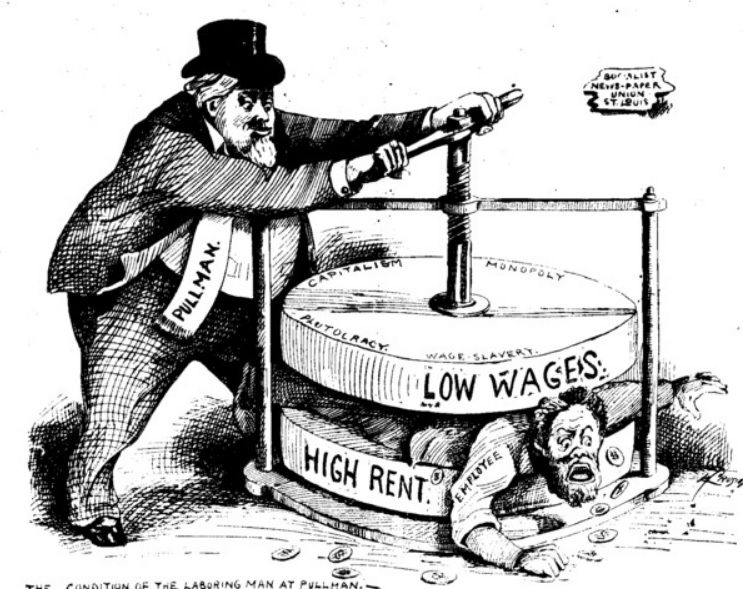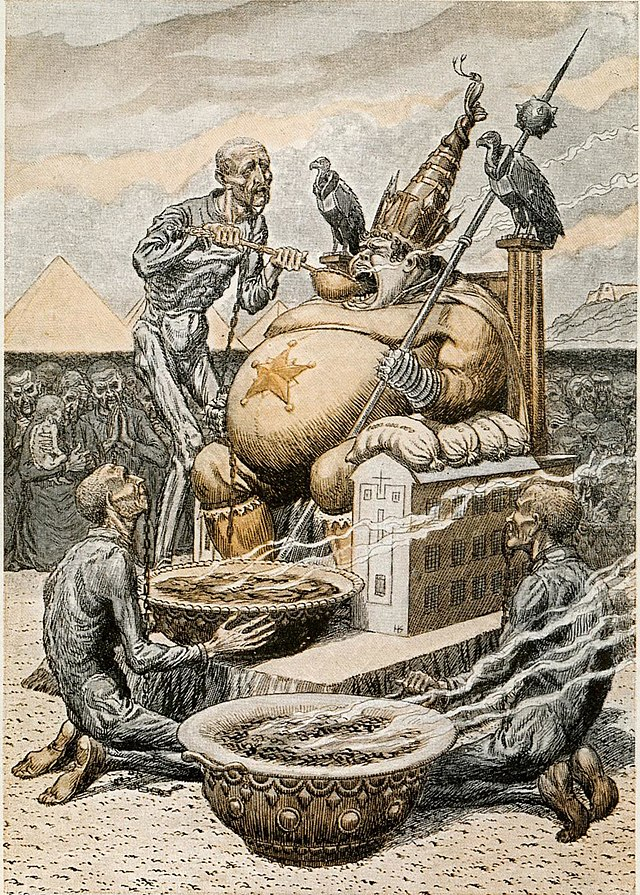Capitalism
An economic system based on private ownership of the means of production and their use for profit is known as capitalism. Capital accumulation, competitive markets, a price system, private property, the recognition of property rights, voluntary exchange, and wage labor are key features of capitalism. In a capitalist market economy, owners of wealth, property, or the capacity to move capital or the capacity for production control decision-making and investment, although pricing and the distribution of products and services are primarily influenced by competition in goods and services markets.
A group of economists, led by David Hume (1711–1776) and Adam Smith (1723–1790), challenged key mercantilist tenets in the middle of the 18th century, including the notion that the world's wealth remained constant and that a state could only increase its wealth by encroaching on that of another state.
Industrialists took the position of merchants as the dominating force in the capitalist economy during the Industrial Revolution, and they contributed to the demise of the traditional handicraft abilities of artisans, guilds, and journeymen. The surplus produced by the expansion of commercial agriculture also spurred more mechanization of agriculture during this time. Industrial capitalism contributed to the growth of the factory manufacturing system, which is characterized by a sophisticated division of labor between and within the various stages of the production process as well as the repetitive nature of the tasks involved, and it ultimately established the dominance of the capitalist mode of production.
The protectionist approach once recommended by mercantilism was subsequently abandoned by industrial Britain. A push to cut tariffs was started in the 19th century by Manchester School adherents Richard Cobden (1804–1865) and John Bright (1811–1889). With the 1846 repeal of the Corn Laws and the 1849 repeal of the Navigation Acts, Britain pursued a less protectionist stance in the 1840s. In keeping with David Ricardo's promotion of free trade, Britain lowered tariffs and quotas.









